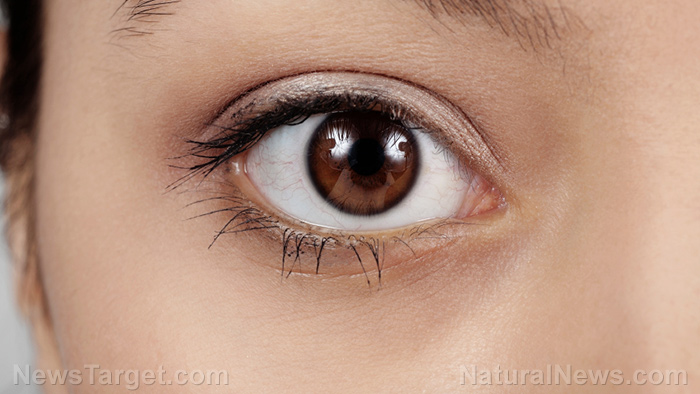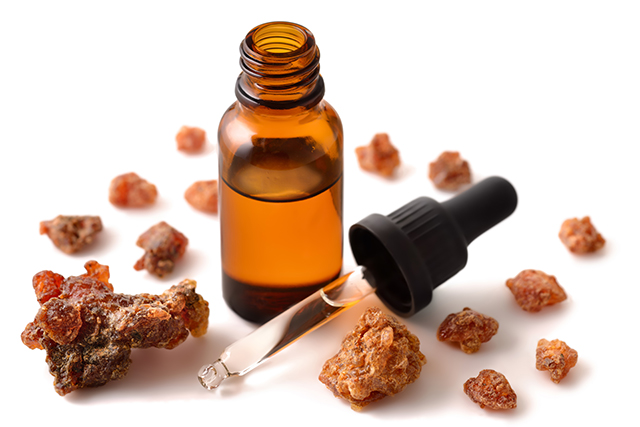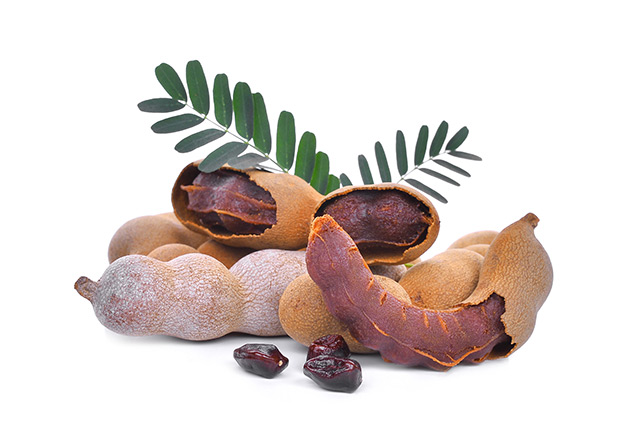Acupuncture can relieve dry eye symptoms
07/23/2018 / By Rhonda Johansson

Research has found that acupuncture could treat dry eye syndrome (DES), a condition that affects most Americans aged 18 and older. In their study, scientists from Kyung Hee University in South Korea conducted a systematic review of data to determine the most effective acupuncture method for treating the condition based on clinical trials.
DES, medically referred to as keratoconjunctivitis sicca, refers to the dryness of the cornea and the conjunctiva, a thin layer that lines that eyelids and the whites of the eyes. The condition, which can be caused by a variety of reasons, is the result of a deficiency in tear production. This insufficient lubrication in the eye leads to inflammation and causes the organ to become red and irritated.
Artifical tears (AT), lubricant eye drops that moisten the outer layer of the eye, are typically prescribed to treat DES. While generally safe, using these can lead to side effects which include blurred vision and mild eye irritation, among others.
In the study, researchers looked at other options – in particular, acupuncture – and whether it can be effectively used to treat DES.
“Our aim in this study was to evaluate the efficacy of acupuncture using the latest research and to suggest a standard acupuncture treatment for patients with DES, including acupoints, number of sessions, and treatment duration,” they wrote in their study.
For the current review, the team decided to update previous meta-analyses on the topic. This included 19 studies collected from 10 databases. In total, 1,126 patients were observed and scrutinized. These randomized controlled trials were further grouped by (1) intervention (acupuncture or acupuncture with AT); (2) frequency of intervention (less than three times a week or more than three times a week); (3) treatment period (performed for over a month or less than four weeks); and (4) the acupoints used (BL1, BL2, ST1, ST2, TE23, Ex-HN5).
Their findings revealed that acupuncture demonstrated the better therapeutic effects on patients with DES than AT. Further, the benefits were most profound when done over the course of more than a month, although at a frequency of less than three times a week. The authors further clarified that the BL2 and ST1 acupoints were the least effective in remedying DES.
An introduction to acupuncture
Most of us are steeped in Western medicine. The merest suggestion of pain and we pop a pill — oblivious (or perhaps blissfully ignorant) to the many adverse effects of pharmaceutical drugs. But traditional Chinese medicine has slowly been gaining popularity, with millions of people turning to the practice every year.
Acupuncture, especially, is becoming the golden standard in alternative care. Nevertheless, a lot of people still find themselves confused or fearful of the procedure.
To quell some of your hesitations, here are some common questions that are often asked and their corresponding answers:
Does it hurt?
Yikes! Acupuncture involves a lot of needles — much to the fear and trepidation of most of us. However, the procedure uses very thin needles that are used very lightly. You will, most likely, not even feel it until the practitioner tells you to relax.
Is it like a normal doctor’s visit?
Yes, and no. Acupuncture takes a holistic approach to your treatment. Expect to fill out extremely lengthy forms about your health. It may come across as invasive to some people, but remember that your acupuncturist is just trying to get a clear view of which energy channels may be blocked in your body.
Acupuncture is also prescribed with other mind-body habits such as meditation, breathing exercises, and yoga.
How often do I have to go?
In general, acupuncture sessions, especially ones that involve inflammation or chronic pain, go for about once a week for a month or every other week for two months. How often you go depends on the severity of your condition, your pre-existing health concerns, and how you and your acupuncturist design your treatment plan.
Do take note that acupuncture works in stages and its effects are cumulative. Do not expect quick-and-fast results.
Does it work?
Across all the literature, acupuncture has been deemed to be a highly beneficial therapy for different conditions. Most patients are referred to the practice to alleviate migraines and headaches and improve various types of chronic pain. As mentioned in this article, its usefulness in DES has also been validated. (Related: Acupuncture Your Way to Health.)
Acupuncture is a centuries-old practice that is now being scientifically verified to be a safe and effective way of treating pain.
Read more articles on traditional Chinese medicine at ChineseMedicine.news.
Sources include:
Tagged Under: acupuncture, alternative medicine, dry eye syndrome, inflammation, natural cures, natural remedies, research, traditional Chinese medicine




















